If you’re interested in becoming a scuba diver or expanding your dive training you’ve probably already done your research and stumbled across the wide variety of dive training agencies. Given that there are over 150 different certification agencies, for a first-timer, it can be very confusing trying to decide which organization to pursue your diving education with.
As a sport, scuba diving doesn’t have one centralized certifying or regulatory agency. Many agencies play a role in educating divers and regulating the sport as a whole. Over the years, these certification agencies have set the bar and developed training procedures and safety protocols as a standard for scuba divers everywhere.
In the beginning stages of your recreational scuba diving training, many divers will find that regardless of the agency, dive courses are relatively similar across the board, with a few minor variations. The more significant differences arise when divers jump to the professional or technical diving level, where some agencies do not recognize each other’s qualifications.
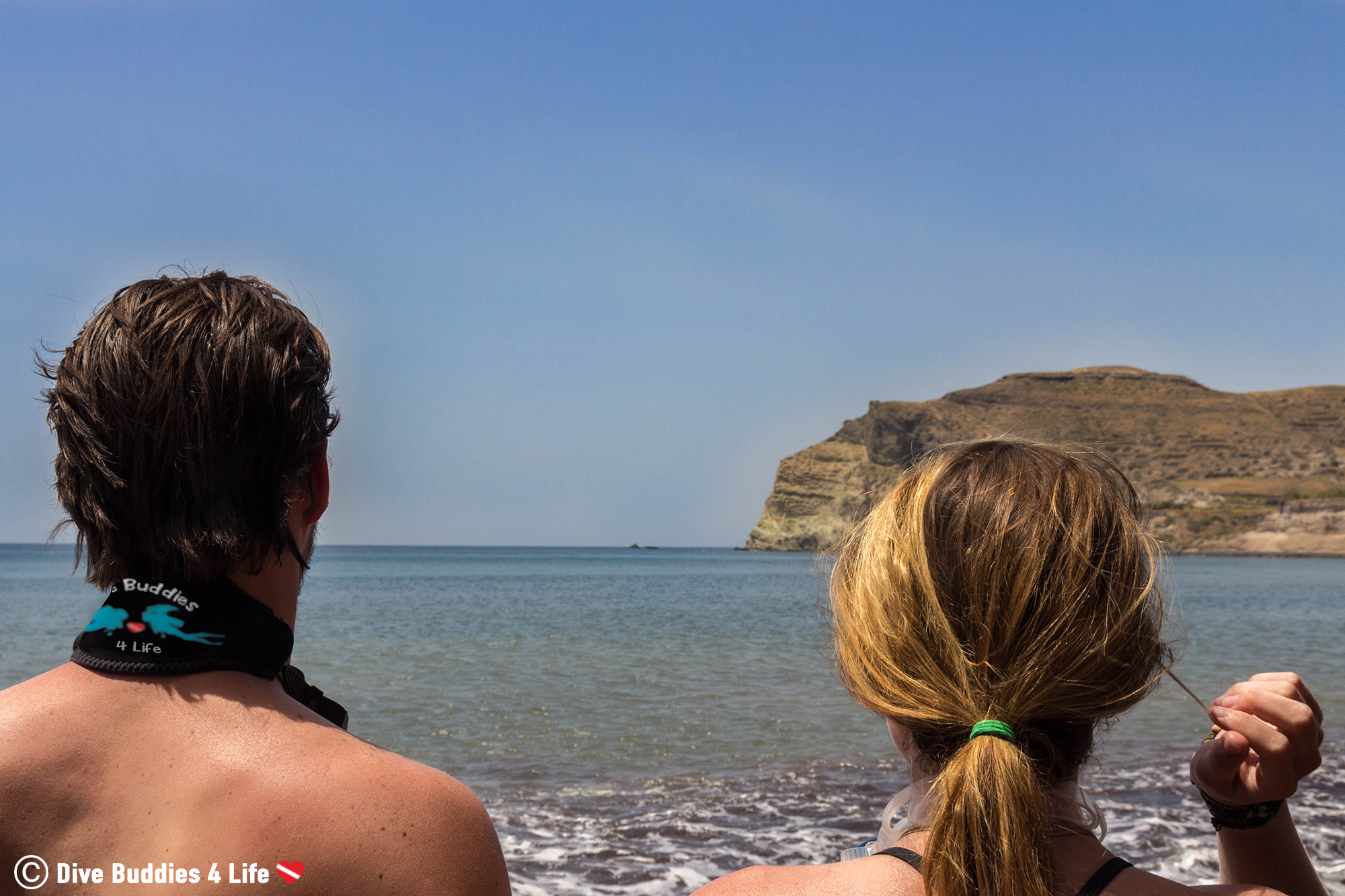
Important Note: While selecting a diving agency is an essential step in getting your dive certification, nothing is more important than having an instructor with experience, a good attitude and a keen mind for safety, even if this means going for your alternate choice of agency. The course will only be as good as the instructor who teaches it!
Of the alphabet soup of dive agencies to choose from, there are a handful of agencies that have surpassed the masses. RAID, SDI, SEI, PADI, SSI and NAUI are only a few certification agencies with a strong history of recognition, but before throwing on that scuba tank and diving into the water, it’s worth learning more about these top agencies to decide which one might be best suited to certify you.
Here is an overview of the 4 scuba agencies that have certified us:
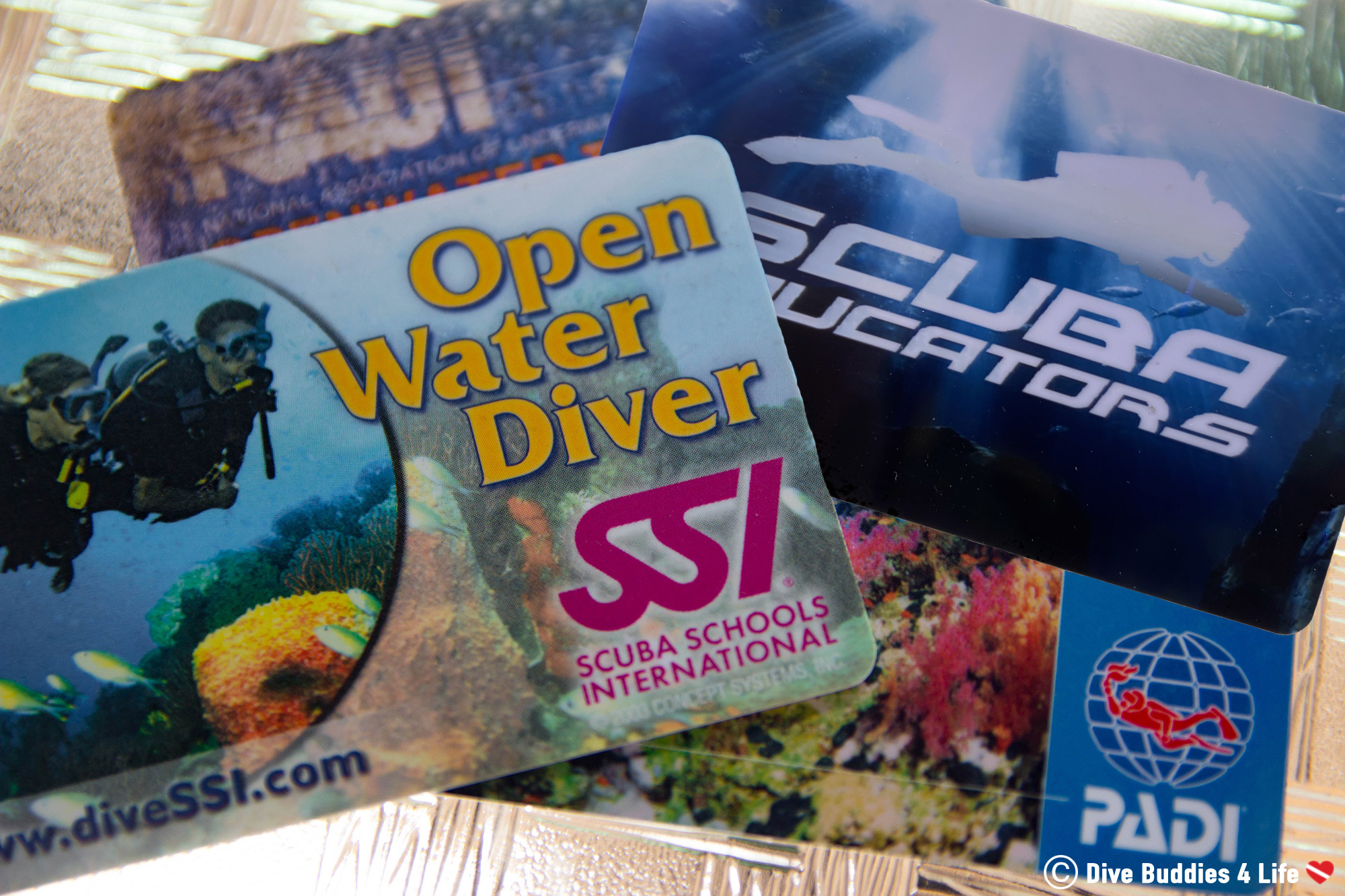
Scuba Educators, is a scuba diving certification agency that specializes in supporting independent instructors. Their aim is to teach the next generation of divers to be safe, comfortable, and relaxed beneath the surface. SEI divers come from all over the world and all walks of life sharing the common thread of this amazing sport paired with quality education.
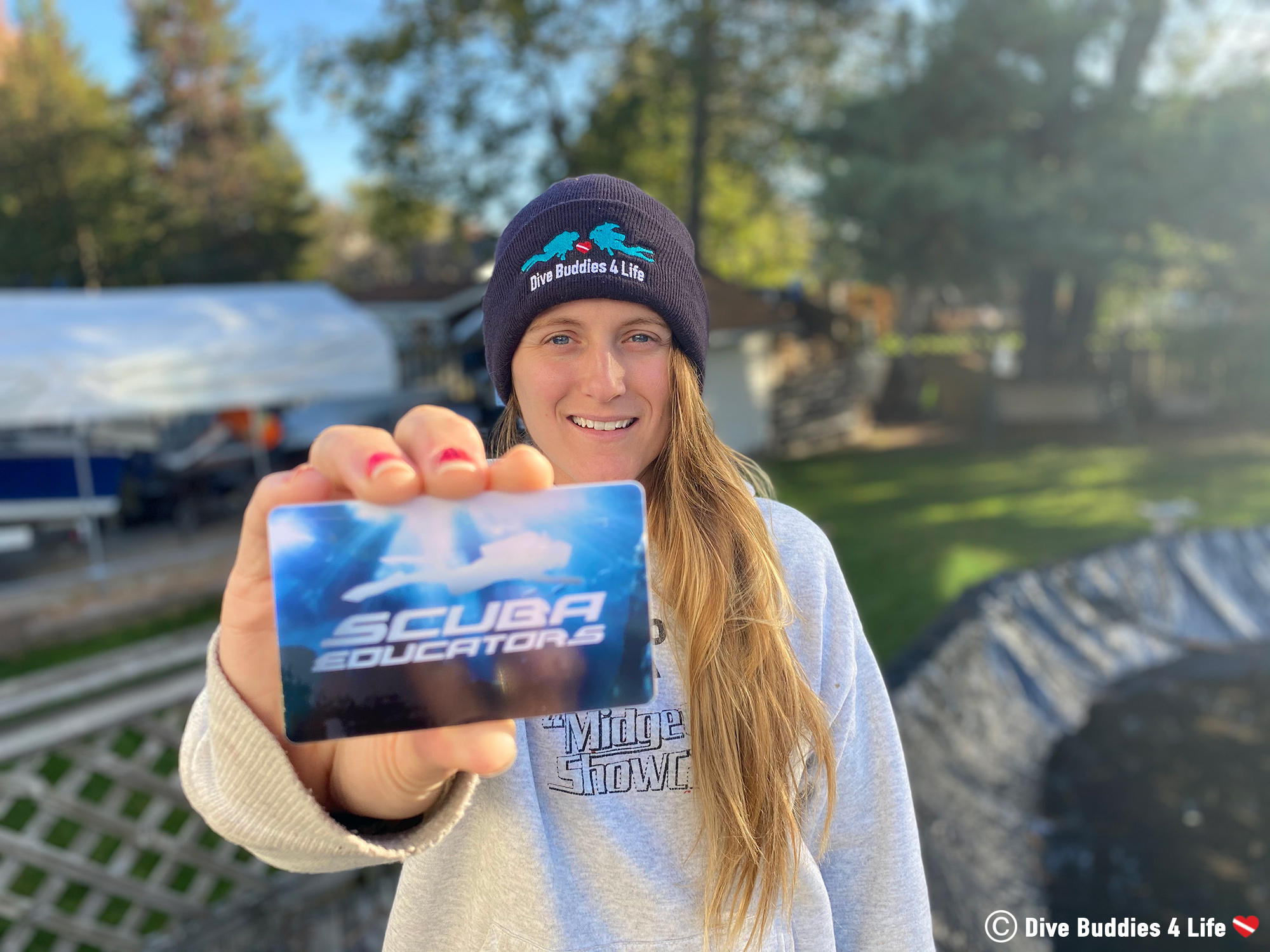
Scuba Educators traces its roots back 60 years to the very first days of underwater exploration. This scuba diving certification agency stems from the YMCA scuba and skin diving program. In 2008, a group of former YSCUBA instructors Ken Nemeth, Dan Marelli and Tom Leaird banded together to create Scuba Educators – a new high standard scuba education agency with no connection to the YMCA. In 2011 the agency further expanded by purchasing and merging with the first SCUBA instructors college in the United States, the Professional Diving Instructors College (PDIC).
As a continuation of their dedication to quality scuba education, Tom Leaird now serves as Scuba Educators Director of Education alongside President Ben Brown and Vice President Cam Byrd.
The Professional Association of Dive Instructors, or PADI for short, is the largest scuba diving organization in the world. PADI is a for-profit corporation with an international scope, making underwater adventures possible while maintaining a high standard for diver training, safety, and customer service. The PADI scuba diving courses focus on the student’s needs, providing maximum practice and realistic real-world applications.
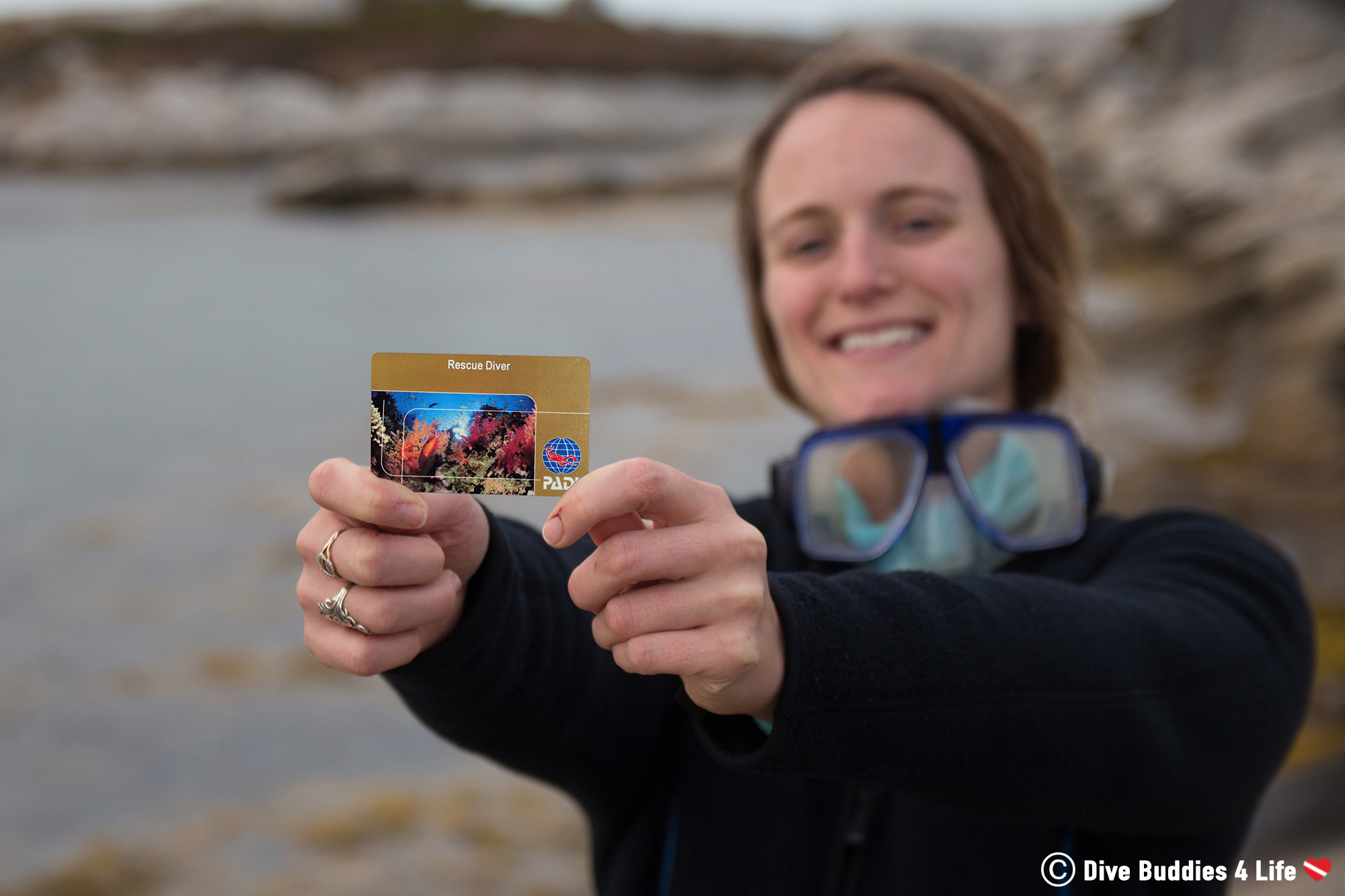
The Professional Association of Dive Instructors made a splash into the diving world in 1966 by two friends in Illinois. Scuba equipment salesman John Cronin and his friend Ralph Erickson, a swimming instructor and educator, developed PADI hoping to give future divers a chance to enjoy the underwater world by instilling solid, instructionally relevant training that would lead to more confident and recurring divers.
Early on, PADI grew slowly starting in restaurants and even the basement of Mr. Cronin’s home. PADI’s first milestone arrived in 1967 when the association introduced the first recreational diving certification requirements, the first advanced scuba diver course, and the first specialty diver program. In the late 1960s, the organization was still a struggling entity with only 400 members.
It took 20 years of hard work but finally by the late 1980’s PADI’s vision had grown into the leading scuba diver training organization in the world.
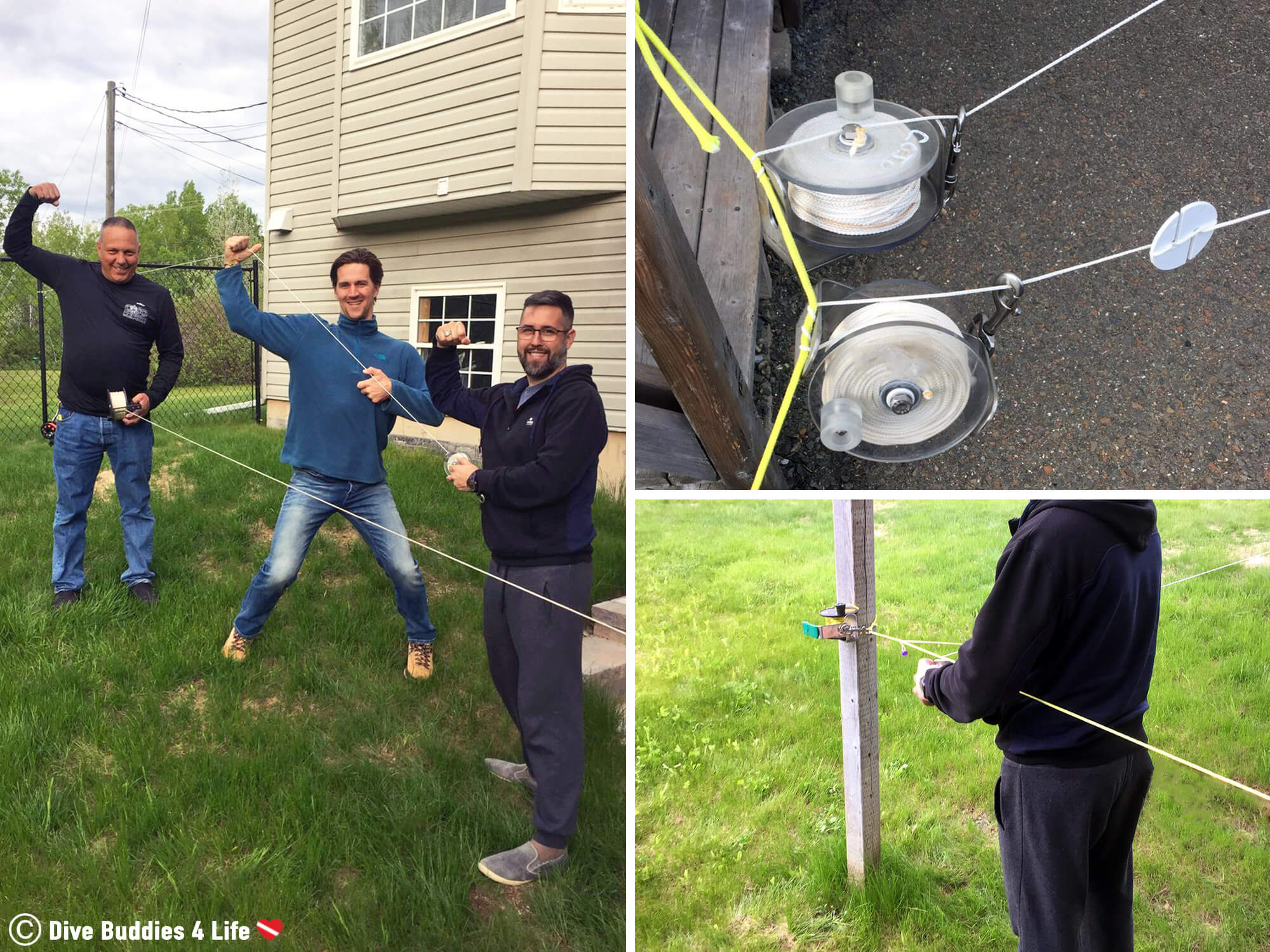
Scuba Schools International, also known as SSI, is a retail-based organization. They are leaders in not only scuba diving but freediving, snorkeling and swimming as well. Bringing people together through communication and cooperation, SSI is a trusted name in the diving world that attributes their success to their high standards and focused methodology.
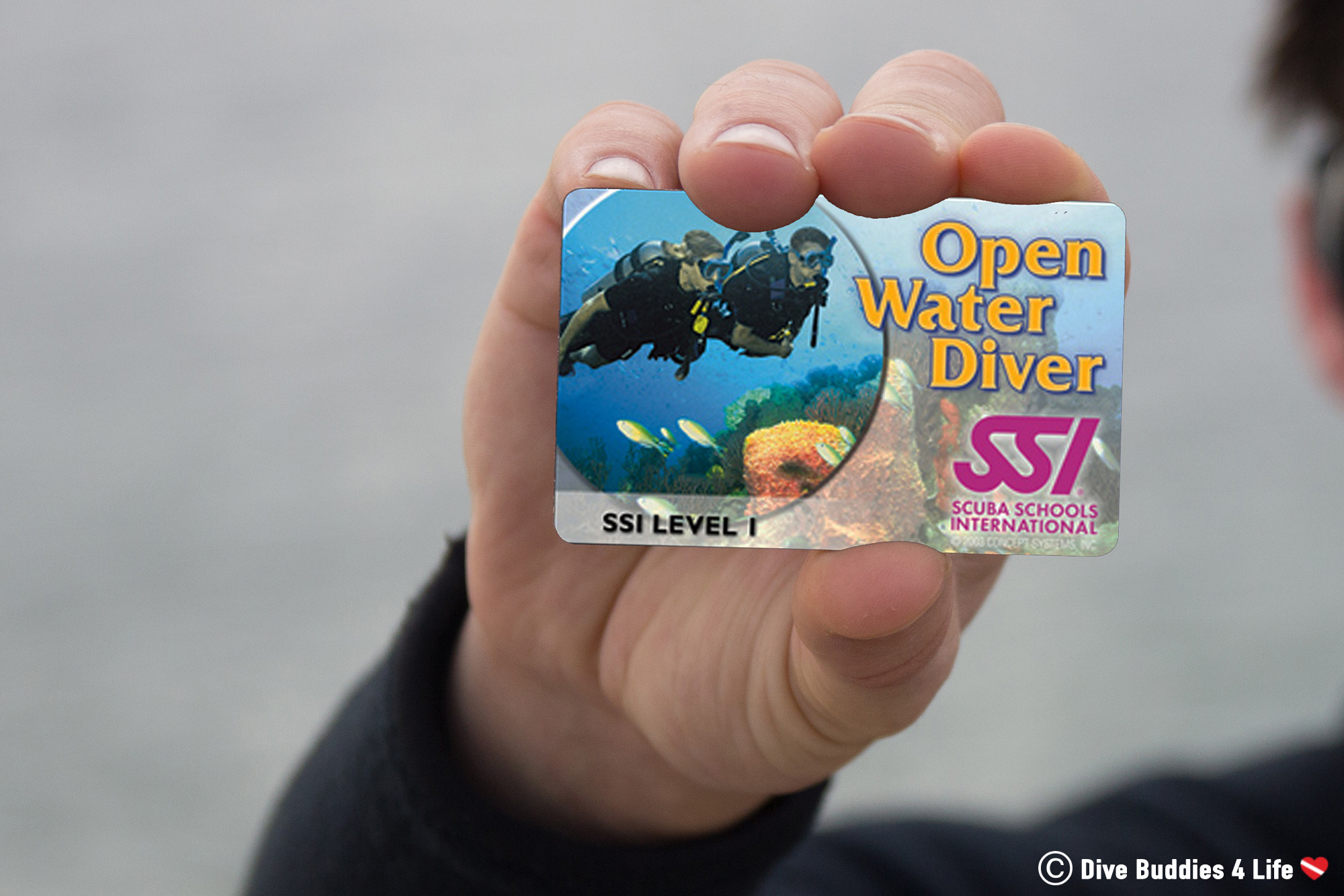
Scuba Schools International is a watersport organization that was first started in 1970 by Robert Clark. After its establishment, SSI became the first scuba organization to present a full training program including video. In the 40 years that followed SSI’s creation, the company expanded and was acquired by Doug McNeese and Robert Stoss, two high profile people in the diving industry and then by MARES in 2014.
Now SSI is represented in more than 110 countries with over 2,800 International locations and has materials printed in more than 30 languages.
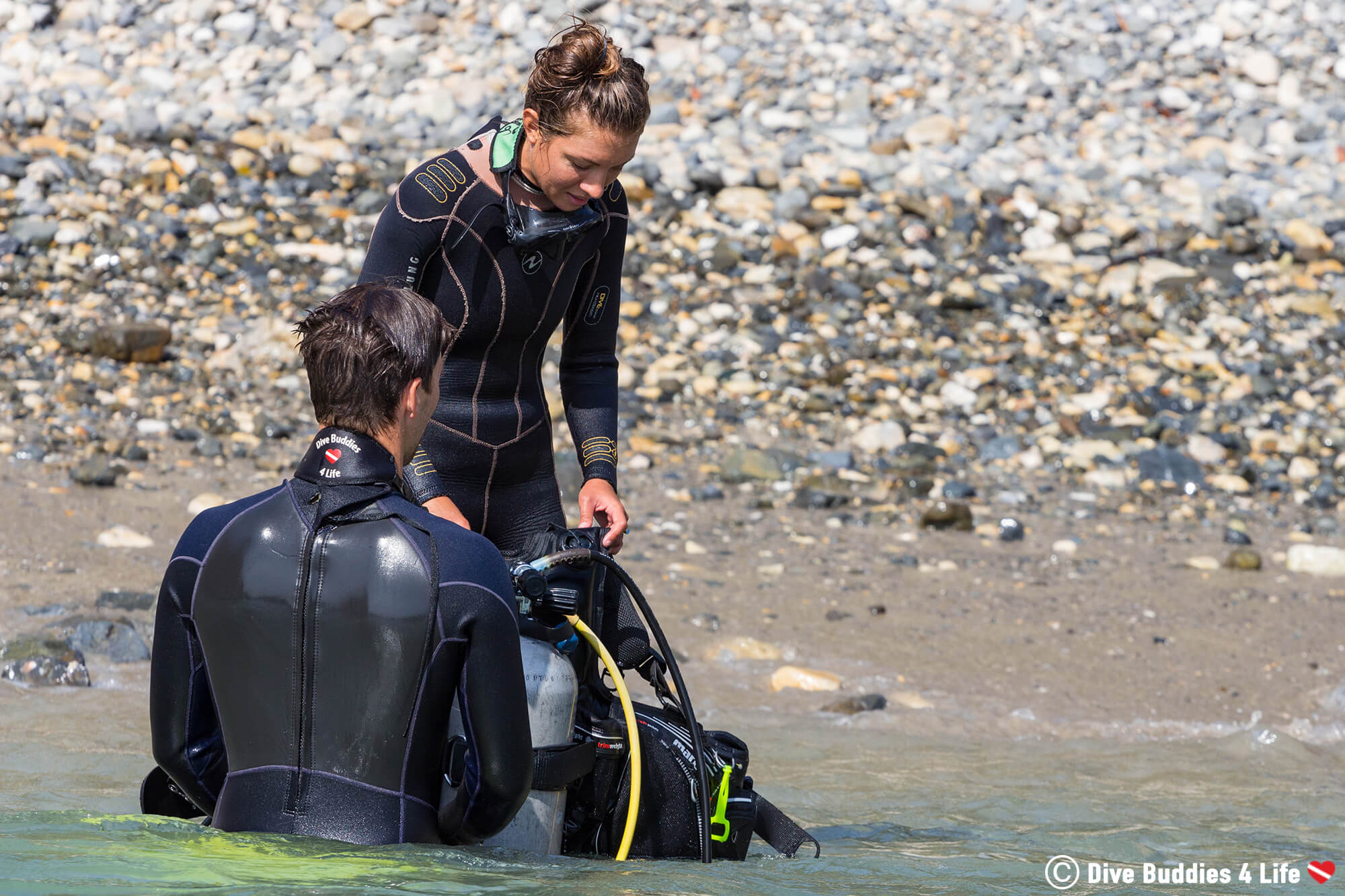
The National Association of Underwater Instructors is a not-for-profit organization known for its exceptional training standards for recreational and tech diving. A company that prides itself on the educational aspect of diving, well-known organizations such as; Disneyland, NASA and the US Navy Seals have used NAUI for their dive training programs.
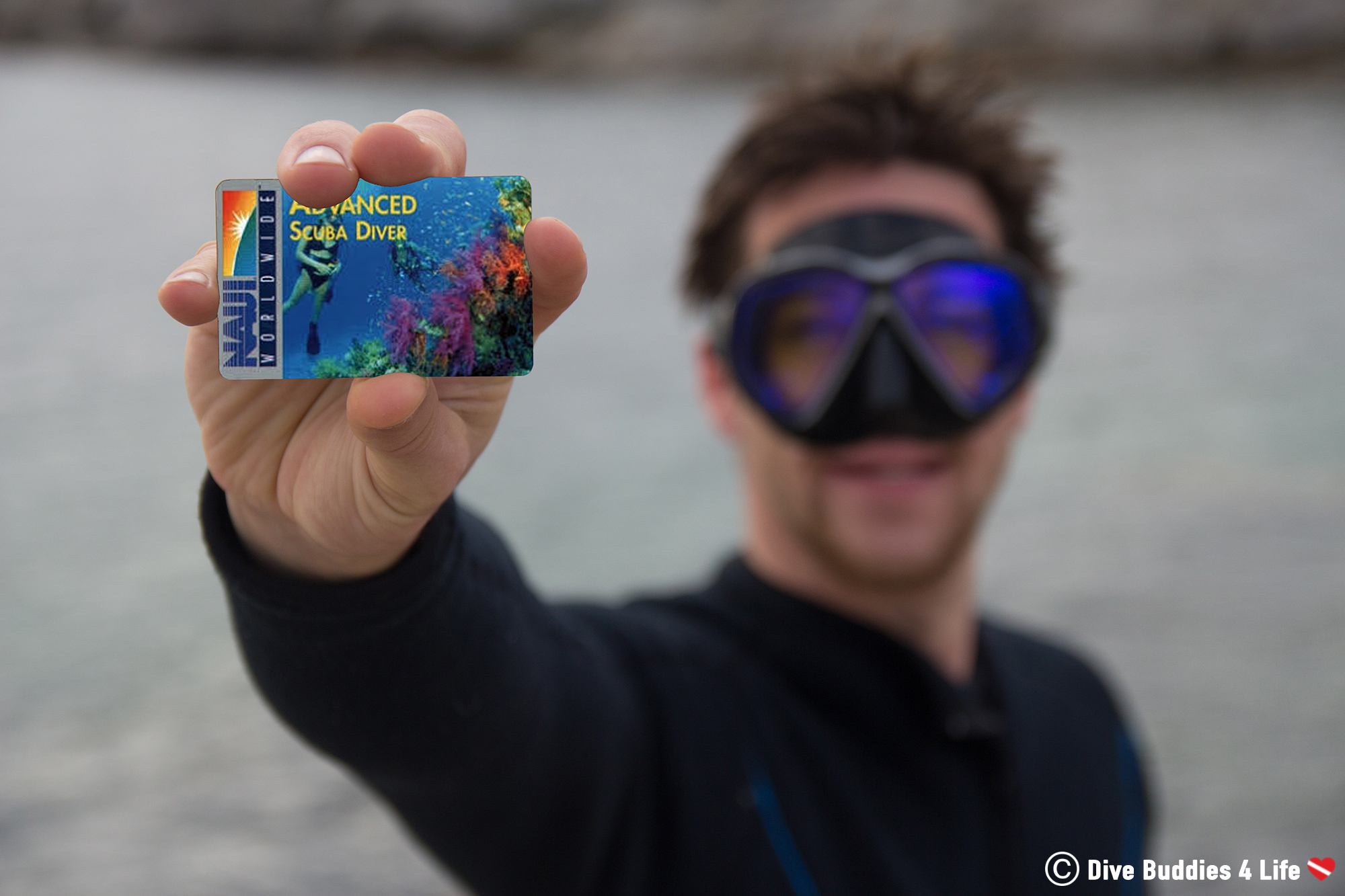
The National Association of Underwater Instructors was brought to life by the perseverance of Al Tillman. While he worked as a sports director for the Los Angeles County Parks and Recreations, Mr. Tillman established a well-crafted training program geared towards certifying scuba and skin divers through the county.
In 1955, Al Tillman’s dream grew into the world’s first civilian diver training agency as he and a fellow peer from Scripps Institute of Oceanography, Conrad Limbaugh, held the first Underwater Certification Course (1U1CC). From there, thanks to the growing number of scuba certification request, Al and Conrad began granting Provisional Certificates to dive instructors across the L.A country.
As the interest and participation in the sport of recreational diving grew, in 1959 the National Diving Patrol was renamed the National Association of Underwater Instructors or NAUI as we know it today.
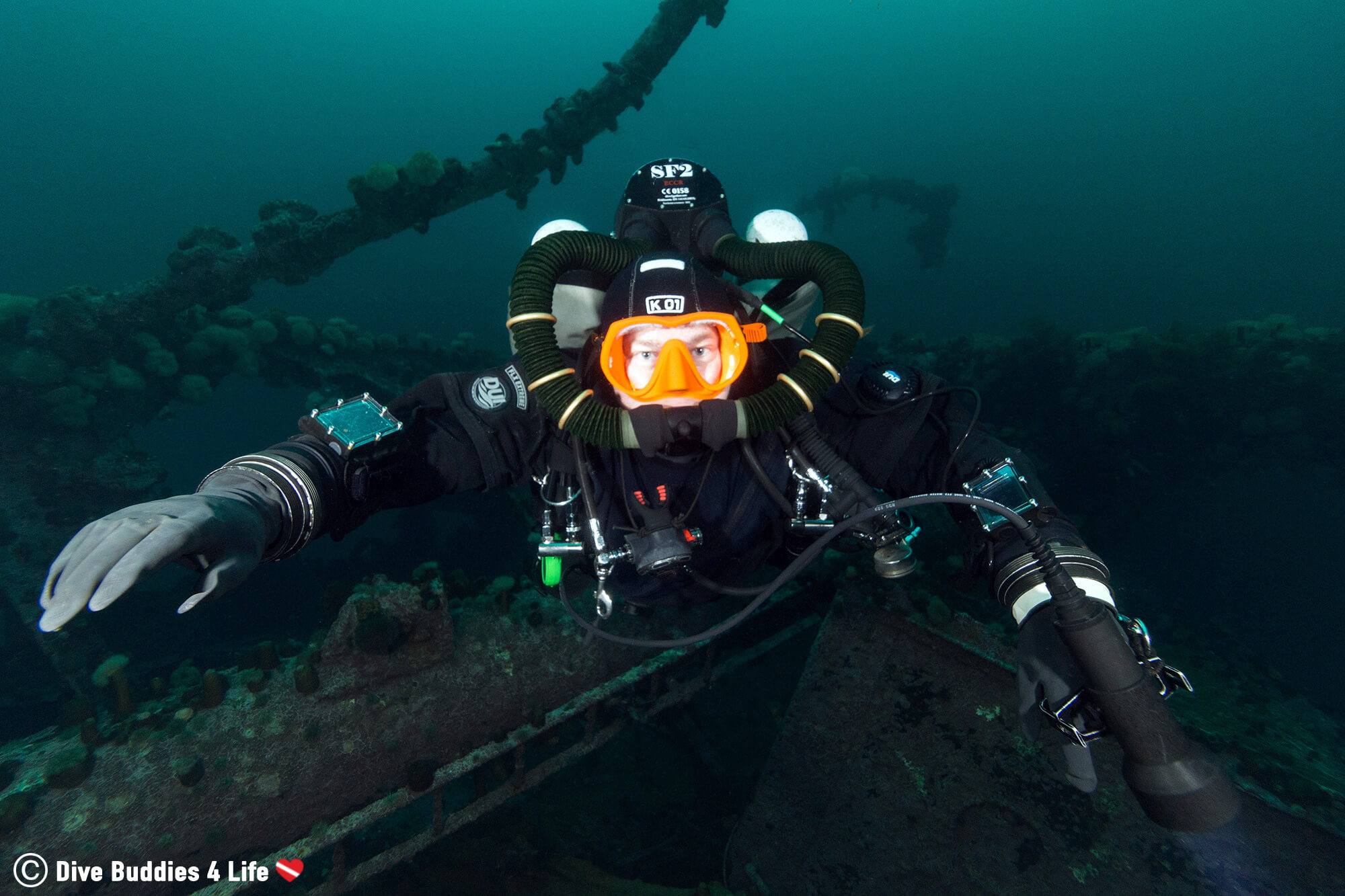
Deciding on which agency to go with can certainly be a daunting task, and every certified diver will have their own opinion on which agency is best. Between SEI, PADI, NAUI, and SSI, while each company has a similar vision – to get people in the water scuba diving – each agency goes about its instructing in a slightly different way.
When considering which professional to use, take a look at your long term goals, learning style, instructor preference, and location. These are often key factors that influence a student’s agency choice. And at the end of the day, the most important thing to realize as a beginner diver, or student furthering their knowledge, no matter which organization you end up choosing, make sure you are safe and having FUN!
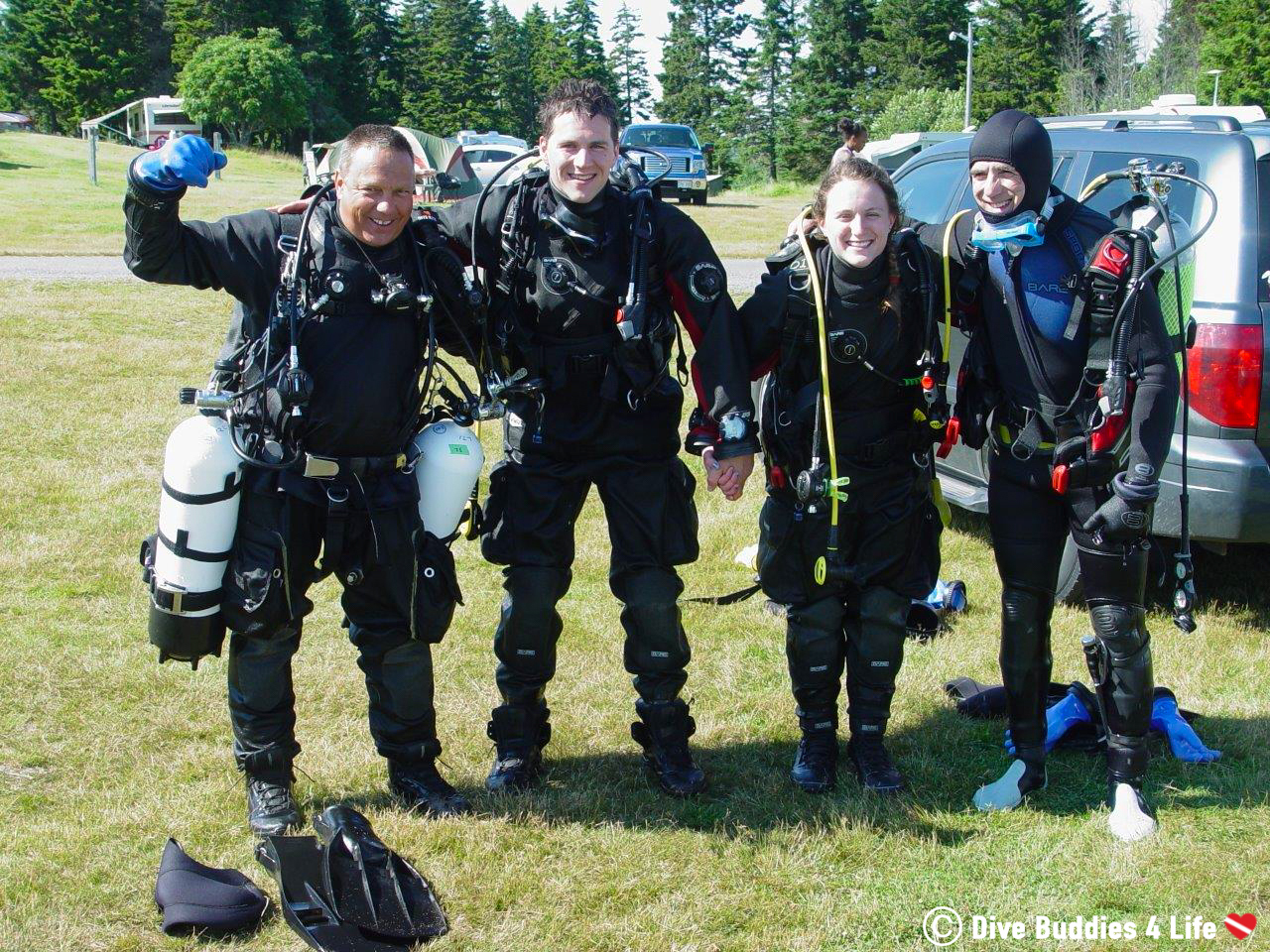
Dive peeps, what is your number one choice of scuba diving association and why did you select them?
Writers Note: This post may contain affiliate links. We will make a small commission if you make a purchase through one of these links, at no extra cost to you. See full disclosure and disclaimer policy here.

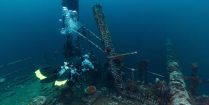
Whether sunk on purpose or as the result of a mishap, it’s a breathtaking experience to be able to visit a sunken wreck while scuba diving.
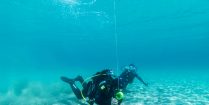
For some scuba diving is more than just a hobby - it’s a lifestyle. Here is everything you should know about getting your divemaster certification.
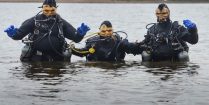
Getting ready for Halloween, scuba diver style, with the PADI Zombie Apocalypse Diver Specialty Course. It's a scuba course that is to die for.
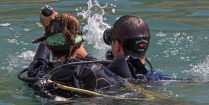
Becoming a PADI Rescue Diver is a great way to further your knowledge and give yourself the tools to stay safe on a dive.
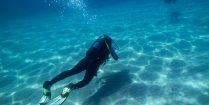
Thinking about sprouting gills and making the plunge into the underwater world? Find out if you're cut out to become an Open Water scuba diver.
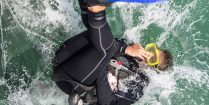
No matter what level of diver you are, scuba backroll entries are a fun-filled way to get off the dive boat and get into the water.
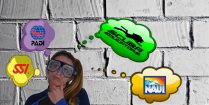
Many scuba diving agencies that play a role in training divers. Here is a look at SEI, PADI, NAUI, and SSI, the top scuba agencies in the world.

SSI is no longer based in Colorado. It is now in Boca Raton Florida.
Thanks for letting us know – I’ll make changes to the post to reflect that!
I heard from a instructor in MN say that the owners of SEI arent even instructors. like how can you set standards when you aren’t even an instructor.
Hi Thomas, I understand every diver will have their own opinion with regards to certification agencies and which one is best, however, SEI was created from the already existing YSCUBA program run by instructors Ken Nemeth, Dan Marelli, and Tom Leaird. I am curious… have you or your MN instructor taken any of their courses, looked at any of their manuals or reviewed any of the material?